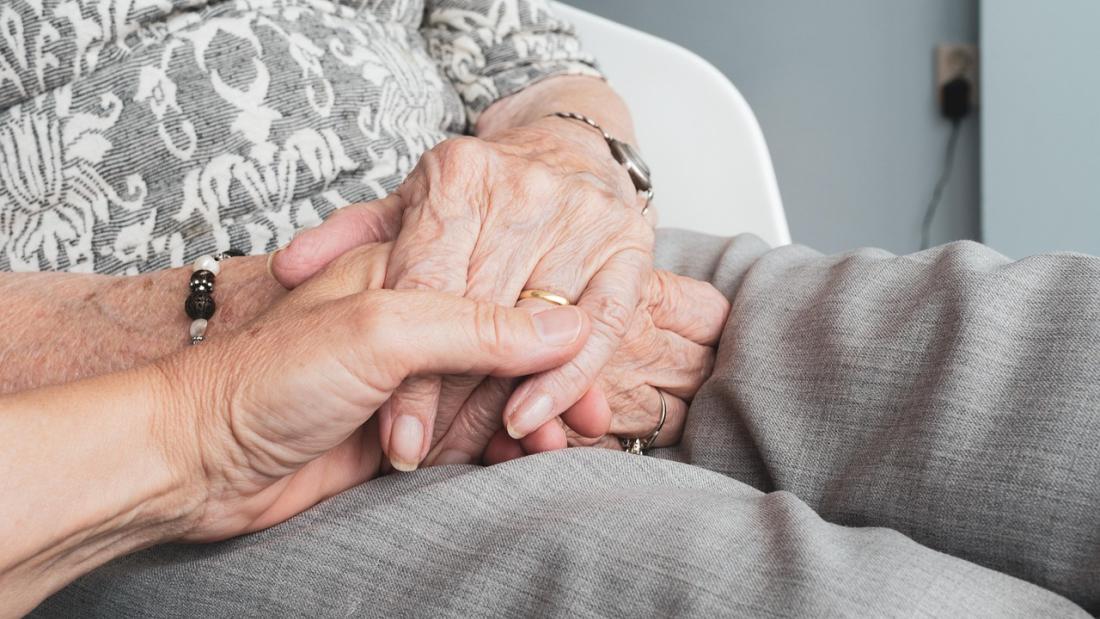Wednesday, 29 October marks the UN International Day of Care and Support, a day to recognise the many challenges facing unpaid carers across the world. Many people are providing unpaid care and support to a family member, partner, friend or neighbour who has a long-term health condition or disability. In the UK alone, the economic value of unpaid care is estimated to be £184 billion.
Tackling these global challenges, the Dementia Services Development Centre (DSDC) at the School of Health Sciences is leading research that makes a difference to the lives of unpaid carers and informs national policy.
Professor Gill Windle, Director of DSDC Wales, explains, “Our research highlights the plight of younger carers whose parent or grandparent has early onset dementia. Described as ‘hard to reach and hidden’ they struggle with anxiety, stress and isolation. In response we developed the first online self-care and skills development programme called ‘iSupport for Young People’. This has received international recognition and is translated for use in Italy, Spain and Brazil.”
Building on this success, Dr Patricia Masterson Algar is leading new research in partnership with Dementia UK to develop the first peer-support programme for young dementia carers.
Listen to Patricia discuss the experiences of young carers in families affected by dementia on the Dementia Researcher podcast.
Meanwhile, research led by Dr Diane Seddon, Reader in social care, highlights the importance of unpaid carers having access to personalised short breaks to enable a life for themselves alongside caring. This work led to the introduction by Welsh Government of a £12.5m National Short Break Scheme to deliver personalised breaks for unpaid carers, which has already benefited over 21,000 carers in Wales.
Dr Seddon said, “We are undertaking a national evaluation of the scheme. Our preliminary findings suggest that unpaid carers reported feeling more socially connected, less isolated, optimistic about the future, supported, and able to take care of themselves.”
Professor Windle added, “Often, caring detrimentally impacts physical and mental health, finances, leisure and socialising. Yet most people are carers at some point in their lives. Our research is helping carers facing these really difficult life events and informing national policy development.”

